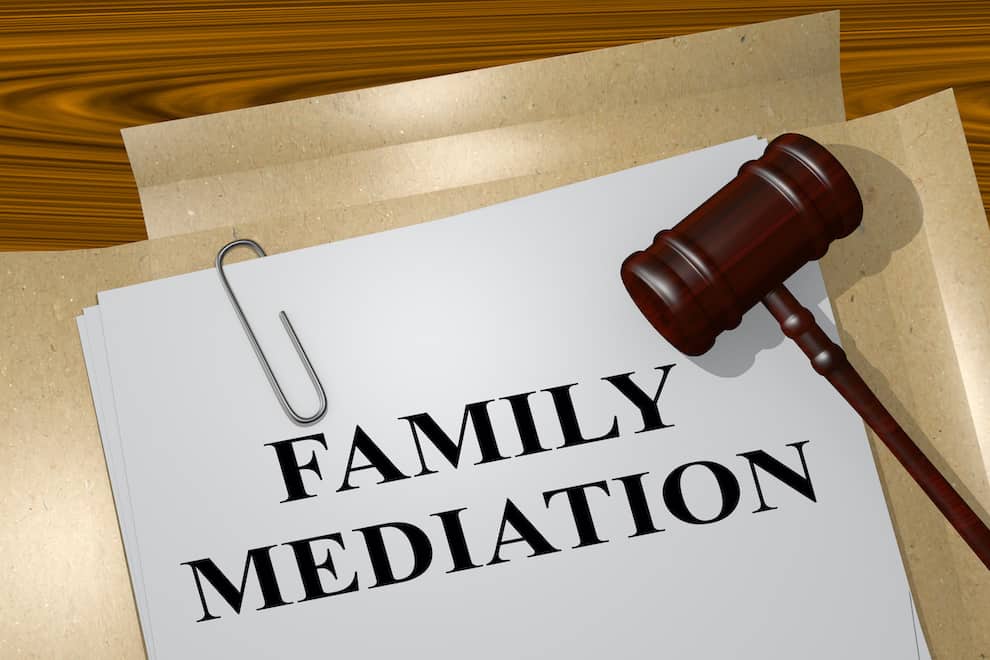An Overview
Many people faced with legal issues dread the emotional and financial cost of going to trial. Fortunately, there are other options. One of the best options is mediation. Most family law cases do settle. One of the reasons they settle is because of mediation. Clark, Cornett and Smith focuses mainly on family law mediation.
In the “mediation” process, the different sides to a dispute meet with a neutral person who has no stake in the case, the mediator. The mediator’s goal is to help the sides resolve their differences. Sometimes everyone meets in the same room. Sometimes they are in different rooms and the mediator shuttles back and forth, talking separately to the different sides, relaying offers.

Mediation is a common part of the divorce process and is often required in many counties before the divorcing parties going to trial.
Mediation can be helpful at any stage of the divorce process or after the divorce is over for issues that come up later.
It is also helpful for people who have never been married, but who often have “child” issues, such as custody and child support. Some people use mediation throughout the entire court process, returning periodically, as needed, until they have resolved all issues. Some people attend mediation before they even file any court documents, to begin sorting through their difficulties.
Mediation can be used to resolve almost any family law-related issue you can think of, including:
- Those regarding children such as: regular, holiday and summer timesharing scheduling; relocation issues; private school and college expenses; child support; communication between parents about child issues; telephone calls; legal and physical custody, both temporary and permanent; final decision-making ability; timesharing for grandparents; tax credits; medical expenses and health insurance; and how problems regarding children will be resolved in the future.
- Those regarding financial and property issues such as: how to divide personal property (this is a big one the Courts do not want to have to rule on); cars- changing titles, handling remaining debt balances; stocks and bonds; bank accounts; life insurance policies; priority tickets (like UK basketball or football tickets); what to do about a family business; what to do about a family home and other real estate; how tax returns will be filed- especially pertaining to tax exemptions when there are children; maintenance- whether the people agree to it, how often and for how long; and how to divide retirement and the options to do so.
Mediation can also be a very useful tool in the probate process to resolve disputes over estates after a loved one passes on.
The possibilities are truly endless. Virtually any issue upon which the parties cannot agree can potentially be resolved through mediation.
It is important to know that mediation is a confidential process. Like Las Vegas, “what happens in mediation stays in mediation.” This is one of the reasons mediation is successful. When everyone knows that what is discussed is confidential (unless they chose to share it), they are more likely to open up and reveal what is important to them, which often leads to settlement. (Of course, a mediator cannot keep any abuse allegations confidential).



















